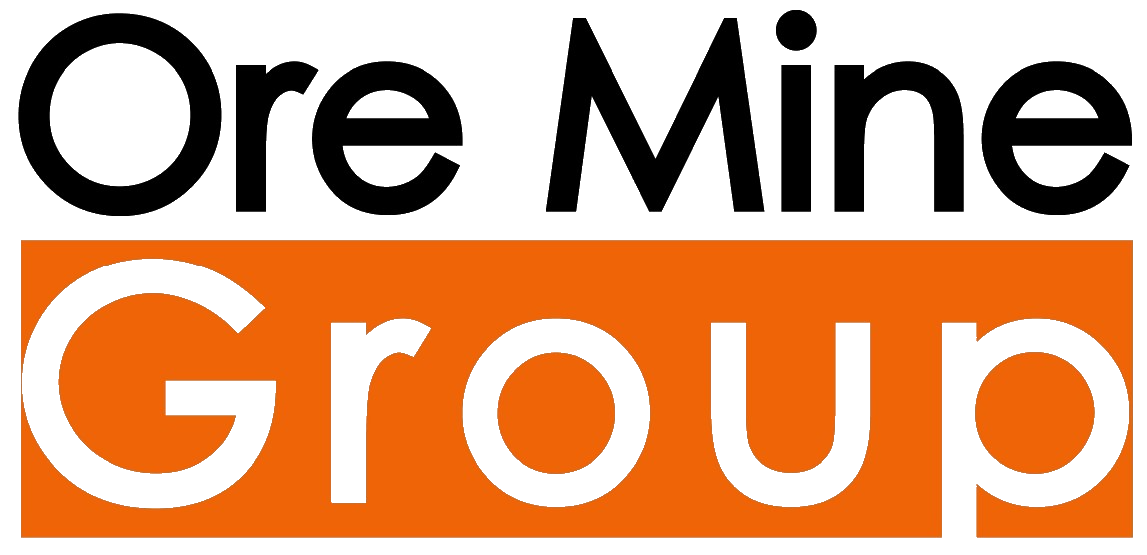Why is Lead Important?
Lead is a dense, highly malleable, and corrosion-resistant metal with a wide range of industrial applications. Despite its decreasing use in recent years due to environmental concerns, lead remains essential in several sectors, particularly in battery production, radiation shielding, and certain industrial processes. Below are key uses of lead in different fields:

Batteries and Energy Storage
Lead-acid batteries are still the most widely used battery technology for vehicles, renewable energy storage systems, and backup power supplies:
- Automotive Batteries: Lead-acid batteries power millions of vehicles around the world.
- Renewable Energy Systems: Used in solar and wind energy storage solutions.
- Uninterruptible Power Supplies (UPS): Lead batteries ensure power reliability in critical applications.
Construction and Building Materials
Lead’s density, corrosion resistance, and shielding properties make it valuable for construction applications:
- Radiation Shielding: Used in medical, nuclear, and industrial facilities to protect against radiation.
- Lead Pipes: While less common today, lead pipes have been used for water supply systems in older buildings.
- Roofing and Cladding: Provides a weather-resistant material in specialized roofing applications.
Electronics and Telecommunications
Lead is utilized in various electronic components for its durability and excellent shielding properties:
- Soldering Alloys: Lead-tin solders are still used in electronics and telecommunications.
- Glass and Optical Components: Leaded glass is used in some optical devices and screens for improved brightness and durability.
- Semiconductors: Certain lead compounds help enhance semiconductor performance in specialized applications.
Automotive and Transportation
Lead is essential for manufacturing certain components of vehicles, despite its reduced use in modern automotive technologies:
- Lead-Acid Batteries: Provide efficient power storage for vehicles.
- Lead Wheel Weights: Still used to balance tires for safe driving.
- Radiation Shielding in Cars: Some vehicle models feature lead panels to protect against radiation emissions.
Health and Medical Applications
Lead has unique properties that make it valuable in the medical field, especially for radiation protection and medical devices:
- Radiation Shields: Lead is a primary material for radiation shielding in medical and industrial applications.
- Medical Devices: Used in certain diagnostic imaging equipment, like X-ray machines.
- Surgical Devices: Some lead-based materials are used in specialized surgical tools and implants.
Industrial Applications
Lead is used in a variety of industrial processes for its properties, such as density, corrosion resistance, and durability:
- Lead Casting: Used for producing radiation shields, weights, and various alloys.
- Lead Oxides: Essential in pigments, glass manufacturing, and battery production.
- Solders and Solders for Electronic Components: Lead-tin solders continue to be used in many applications.
Consumer Products
While the use of lead in consumer products has declined, it remains present in certain items:
- Paints and Coatings: Lead-based pigments were used historically, although alternatives are more common today.
- PVC Stabilizers: Lead compounds are still used in some plastics for their stability.
- Decorative Items: Leaded glass and other lead-based materials are used for decorative purposes.
Conclusion
Despite environmental concerns, lead continues to be an essential material in various industries due to its unique properties. From energy storage and radiation shielding to medical applications, lead plays a key role in supporting modern technologies and infrastructure.
